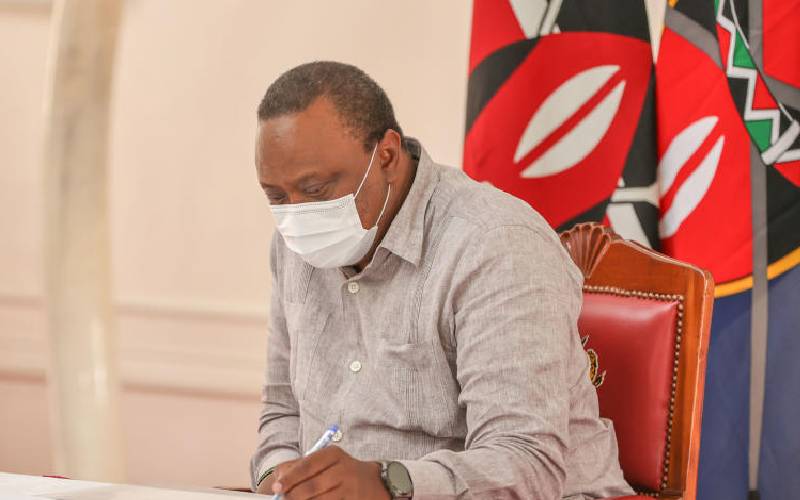×
The Standard e-Paper
Join Thousands Daily

President Uhuru Kenyatta in Nairobi on June 14, 2021. [PSCU]
The Court of Appeal has heard that the High Court erred in stating that the BBI was an initiative of President Uhuru Kenyatta.